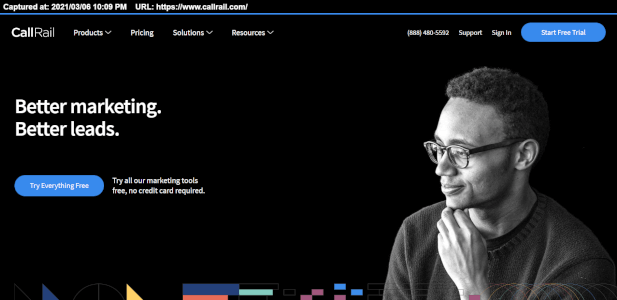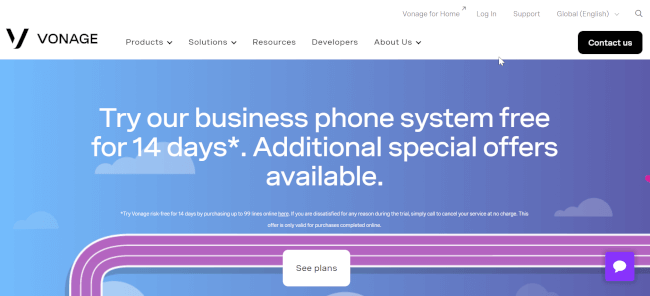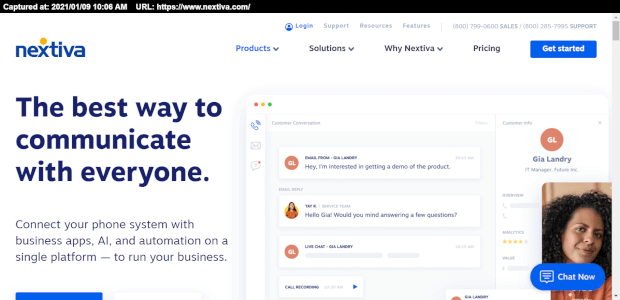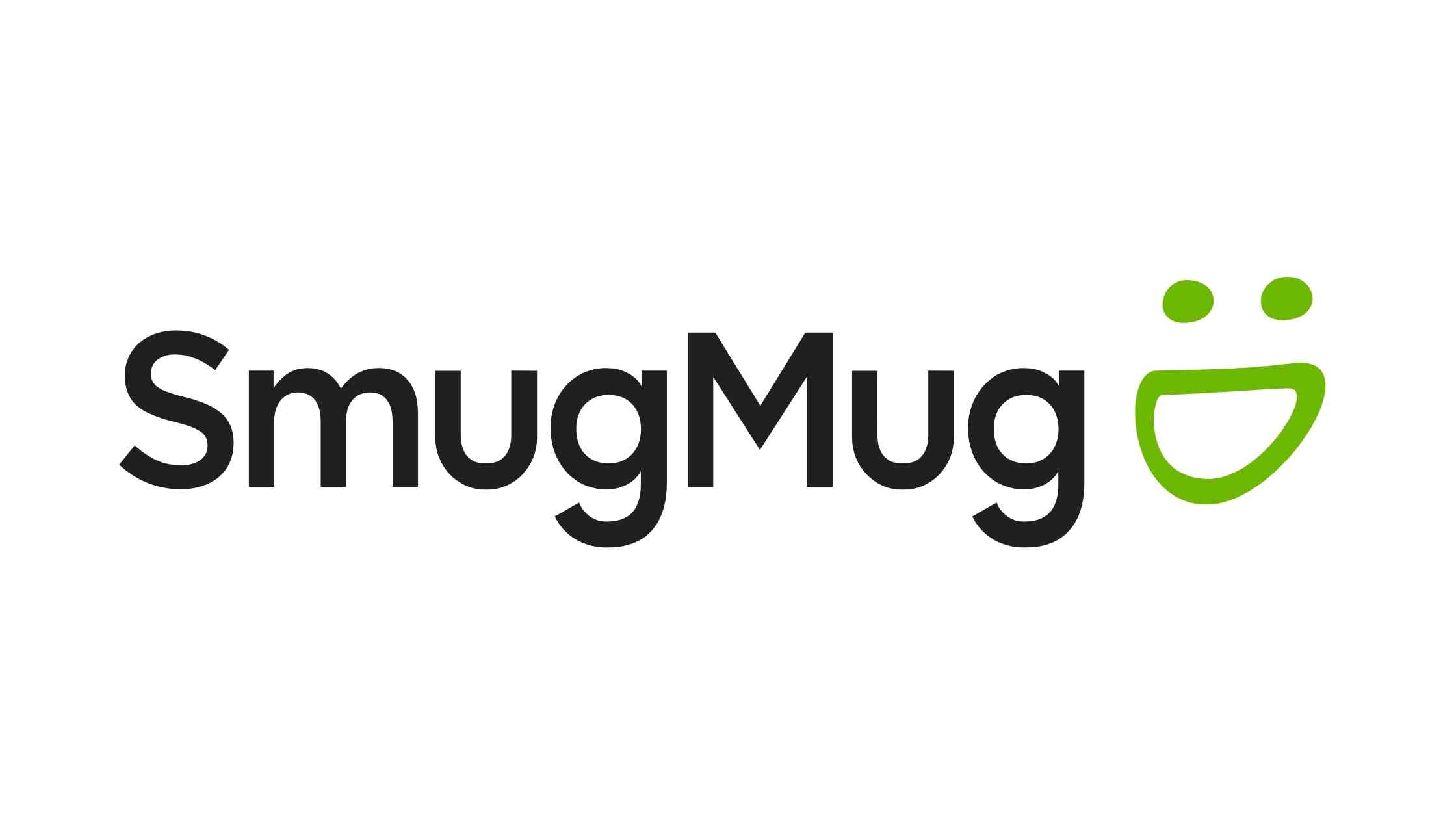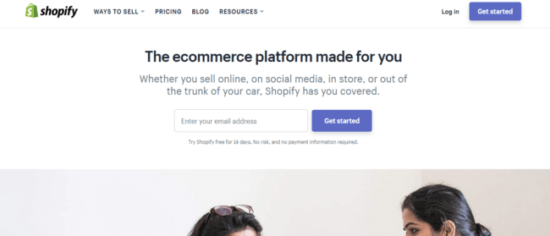In recent years, UX and UI designers have flocked to Figma, a cloud-based digital design and...
Latest Posts
Top 30 Freepik Alternatives for 2025
Graphic designers and other creatives frequently use Freepik to locate high-quality resources like...
10 Best Inkscape Alternatives for 2025
A well-known and effective open-source vector graphics editor, Inkscape provides designers and...
12 Best Figma Alternatives for 2025
In this article, we’ll go into the Figma alternatives space and demonstrate a variety of...
Productivity
25 Best Intercom Alternatives For 2025
For many years, the intercom has been the go-to option for companies looking for tools for...
15 Best Pipedrive Alternatives For 2025
For businesses of all sizes to properly handle leads, track sales, and cultivate client...
30 Top Freshworks Alternatives For 2025
A well-known customer engagement software package called Freshworks aids companies in managing...
18 Top Sendinblue Alternatives For 2025
Businesses looking for an all-in-one marketing platform with email marketing, SMS marketing...






